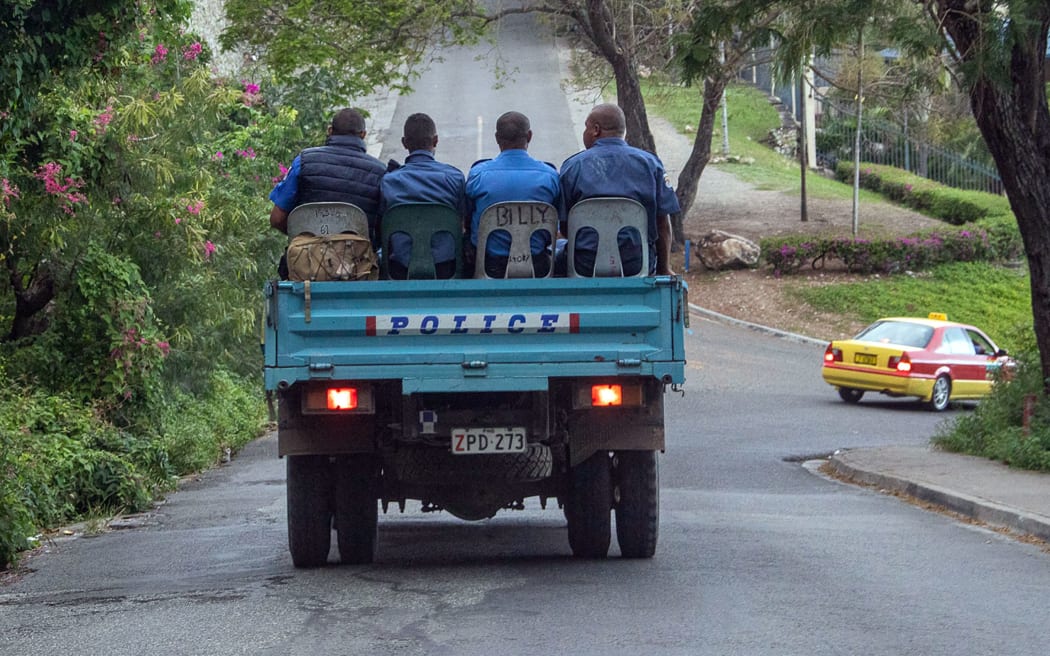
CIVICUS says there is a need for a framework to protect journalists from persecution, intimidation and harassment. Photo: AFP
Papua New Guinea is failing to meet its guarantees of human rights and civic freedoms, an international alliance of civil society groups warns.
The CIVICUS brief details a long list of curbs on media implemented by the James Marape government despite its commitment when it came to power in 2019 to undertake reforms to meet the guarantees already in the country's constitution.
The CIVICUS Monitor, an online platform that tracks threats to civil society in countries across the globe, rates civic space - the space for civil society - in Papua New Guinea as "Obstructed".
The organisation is recommending that the government amend the criminal defamation provisions of the Cybercrime Act so that freedom of expression is still allowed.
It said journalists must be able to work freely and without fear of retribution for expressing critical opinions or covering topics that the State may deem sensitive.
The organisation said there is a need for a framework to protect journalists from persecution, intimidation and harassment.
The government must ensure those involved in the use or excessive force or unlawful killings of protesters are promptly identified, charged and prosecuted, CIVICUS said.
Other recommendations include:
- Take steps to establish a protection framework for human rights defenders (HRDs) and ensure that they are able to carry out their legitimate activities without fear or undue hindrance, obstruction or legal and administrative harassment.
- Initiate a consolidated process of review, repeal or amendment of legalisation that unwarrantedly restricts the legitimate work of HRDs, in line with the UN Declaration on Human Rights Defenders.
- Take all necessary steps to establish an independent national human rights institution in accordance with the Paris Principles and ensure it works to protect human rights defenders.
CIVICUS Asia Pacific researcher Josef Benedict said the Marape government must expedite the formation of a national human rights institution in accordance with international standards and ensure the process is undertaken transparently and in consultation with civil society.
"Such a body will be crucial to ensure the protection of human rights defenders in PNG, many who remain at risk of reprisals for their activism," he said.
"Steps must be taken to ensure that journalists can work freely and without fear of retribution for expressing critical opinions and that any existing or new laws are consistent with international human rights law and standards.
"The government must also move forward to draft and pass legislation to guarantee the right of everyone to access information," Benedict added.
The full report is available here.

